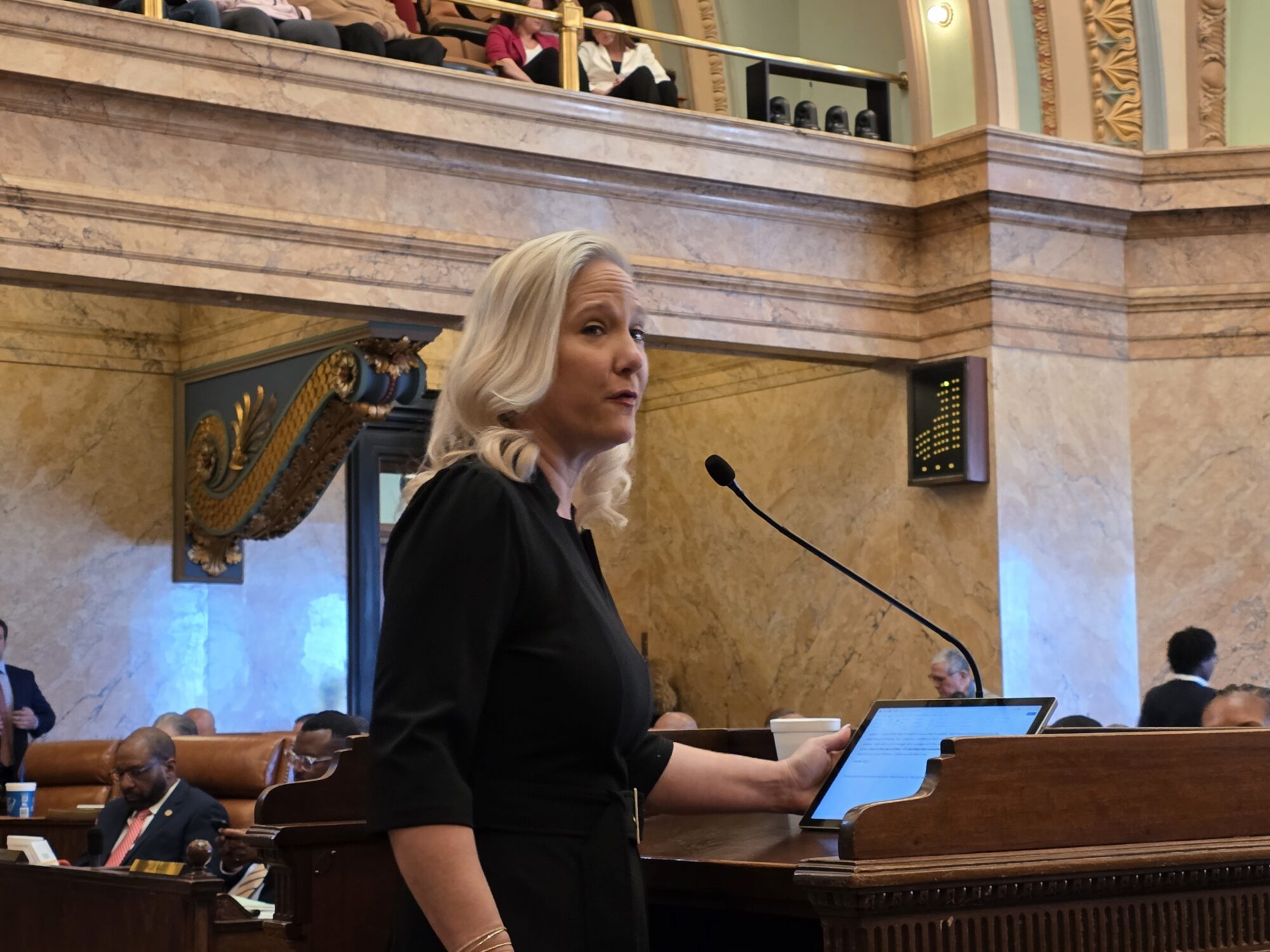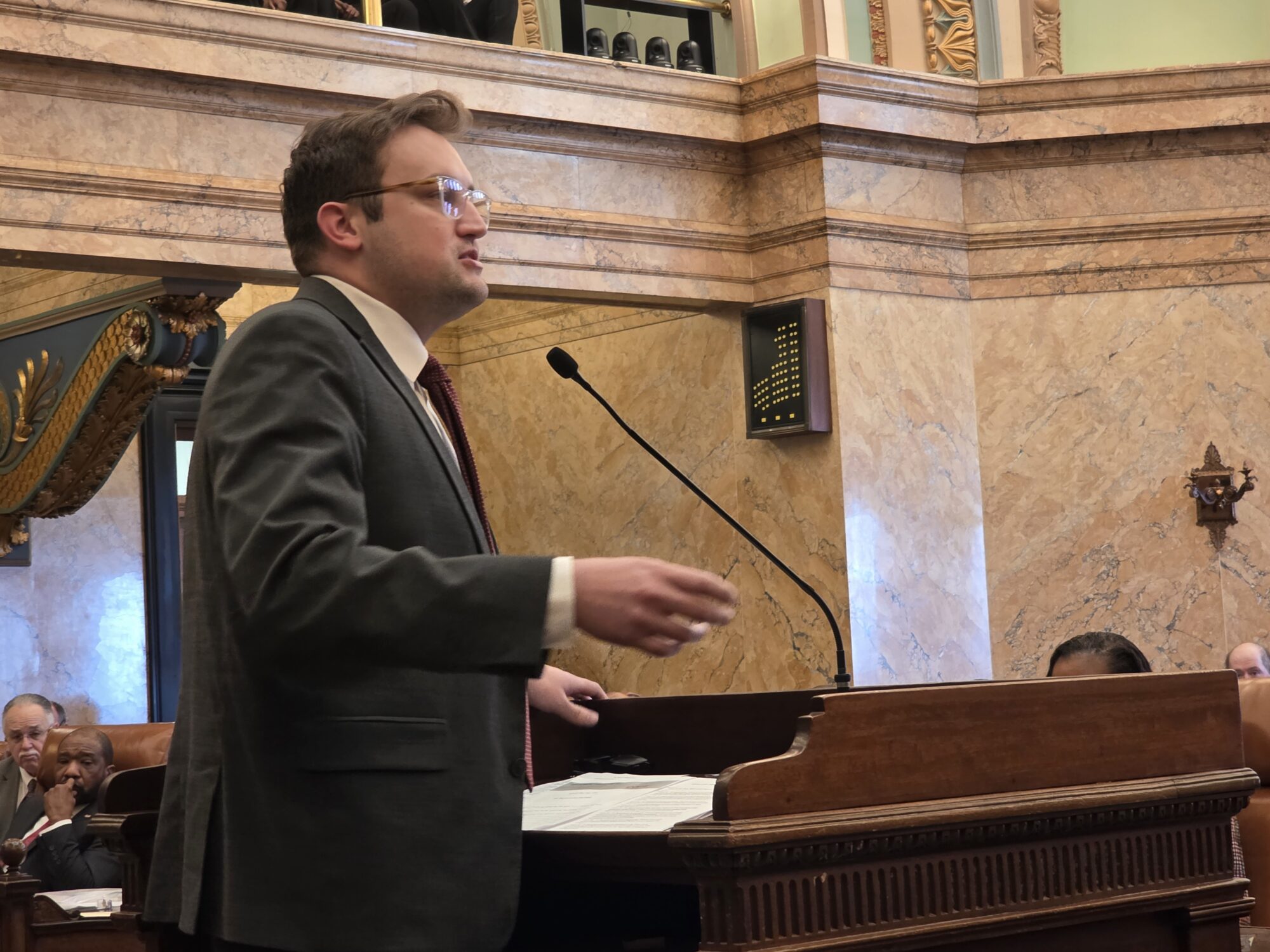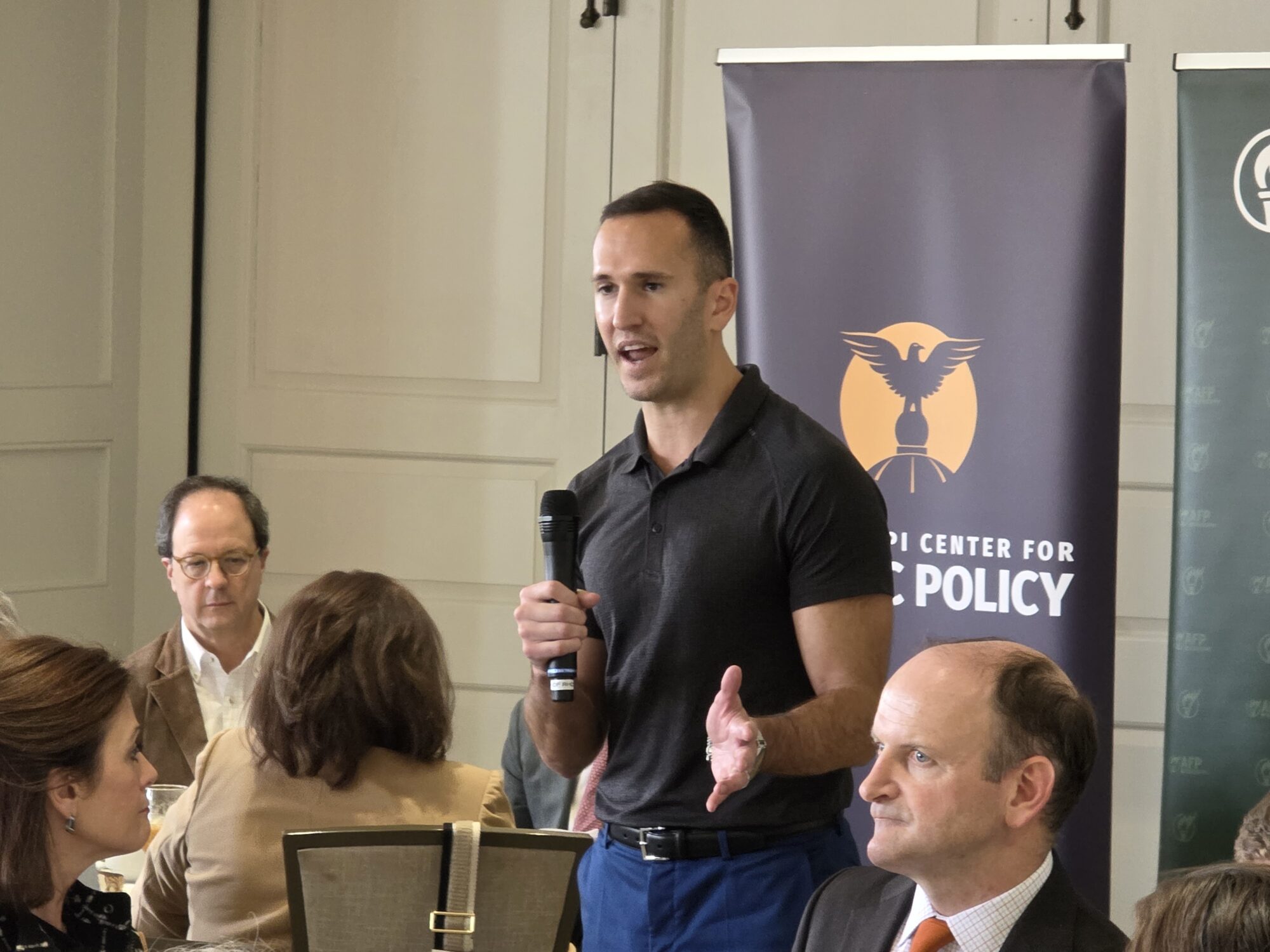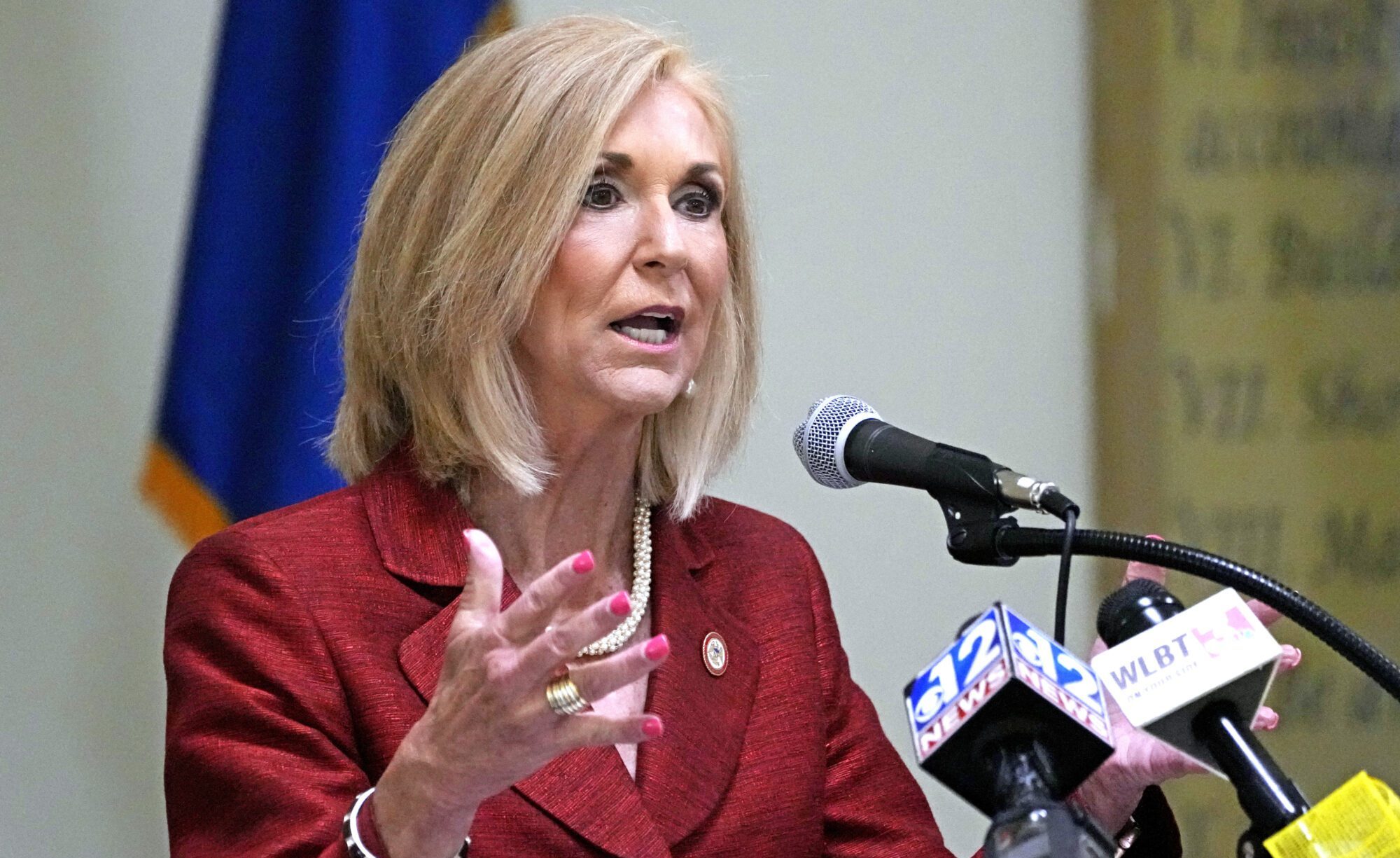
- The BEAD program is distributing a total of $42.45 billion in grants to states, territories and Washington D.C. for use in establishing or improving high-speed internet networks.
Another step in the process of securing federal funding that will expand access to high-speed internet through Mississippi has been completed.
Initial proposals from two states were approved by the Department of Commerce’s National Telecommunications and Information Administration, according to a statement from NTIA this week.
Approval of the initial proposal is one of several steps required for states like Mississippi to gain access to federal funding set aside as part of the Broadband Equity, Access and Deployment (BEAD) program through the Infrastructure Investment and Jobs Act passed in 2021.
Mississippi has been allocated federal funding totaling $1.2 billion to expand access to high-speed internet. South Dakota’s proposal was also approved, NTIA said, moving that state one step closer to accessing its $207 million allocation.
About BEAD
U.S. Senator Roger Wicker (R) was one of two members of the federal delegation to support the bill’s passage. The other was Congressman Bennie Thompson (D).
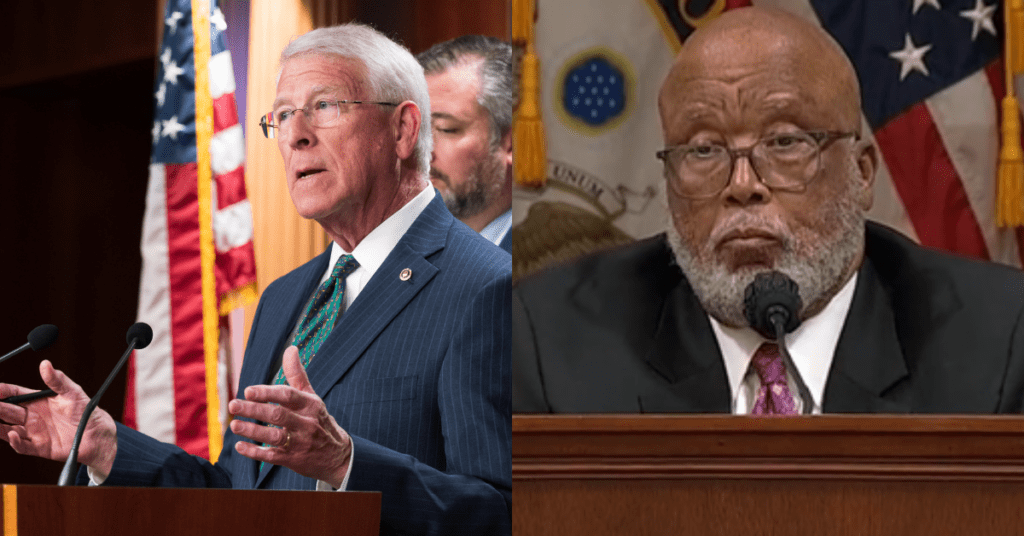
Wicker played a role in crafting the legislation as the Chair of the U.S. Senate Commerce, Science and Transportation Committee.
“We improved the maps, secured the record federal funding, and created this program. The fight to increase broadband access in Mississippi’s communities has been worth it,” Senator Wicker said. “This update is another step in the right direction and builds on our success. I will continue working with local, state, and federal officials to keep the BEAD Program on track.”
The BEAD program is distributing a total of $42.45 billion in grants to states, territories and Washington D.C. for use in establishing or improving high-speed internet networks, the NTIA release states.
Within Mississippi, BEAD funds along with other grant funds for building out the state’s access to high-speed internet are funneled through the office of Broadband Expansion and Accessibility of Mississippi, or BEAM. BEAM Director Sally Doty said this most recent announcement is another in several steps required for states to gain access to the allocated funds.
“No money for deployment has really been issued yet because of the all the different steps we are having to undergo and be approved at the federal level,” Doty explained.
The Next Steps
One of those steps is the challenge process, which will close for public input on September 2, at 11:59 p.m. The challenge process allows Mississippians to view a map of the state that identifies broadband service levels by address. If a resident views the map and discovers their address is improperly labeled, they can alert BEAM until September 2 by visiting here. So far, about 5,000 challenges have been submitted to BEAM.
Doty expects her office to be finished with their end of the challenge process by October. Access to funding is expected to begin sometime next year, Doty predicted. In the meantime, BEAM is taking steps on its end to expedite the distribution of funding to the sub-grantees, or internet service providers, when they become available.

While BEAM awaits funding from the BEAD program, other state and federal funding is being distributed to the sub-grantees, allowing them to connect unserved areas of the state to high-speed internet, including $162 million in ARPA funding. Of those funds, Doty said about $70 million has been awarded this summer. Another round of allocations is expected to close in early September.
“While we are in process of working on BEAD funding, we are in the process of releasing other funding and getting other projects going throughout the state,” Doty explained.
Currently, less than 100,000 locations are identified as unserved in Mississippi that can be funded through BEAD money, with another 30,000 being identified as underserved, Doty said.
“I feel pretty confident in saying that BEAD, this big pot of money, will go to fund about 150,000 locations in the state of Mississippi,” Doty added.
Unserved locations are those that only have access to internet speeds of less than 25 Mbps download and 3 Mbps upload. Underserved are locations where speeds are less than 100/20 Mbps.
For clarification, Doty added that the total number of unserved locations in Mississippi is higher than 100,000, but there are a number of locations that already have other sources of federal funding attached to them, such as the Rural Digital Opportunity Fund issued in 2020 through the FCC.
“What I am trying to isolate is the areas that are unserved that do not already have federal funding,” Doty said. “So, when you look at that number, it’s right at 100,000.”
Expanding access to higher internet speeds will open more opportunities to more Mississippians, Doty believes.
“I think it’s going to release some untapped potential we have in the more rural areas of Mississippi,” Doty said.
BEAM staff are also working to alleviate concerns from Congressman Thompson’s office about the structure of the challenge process. Doty said her staff have held meetings with Thompson’s office to address those concerns. She explained that the structure of the process is federally mandated.
“We have to run the process the way the Feds have designed it,” Doty said.

